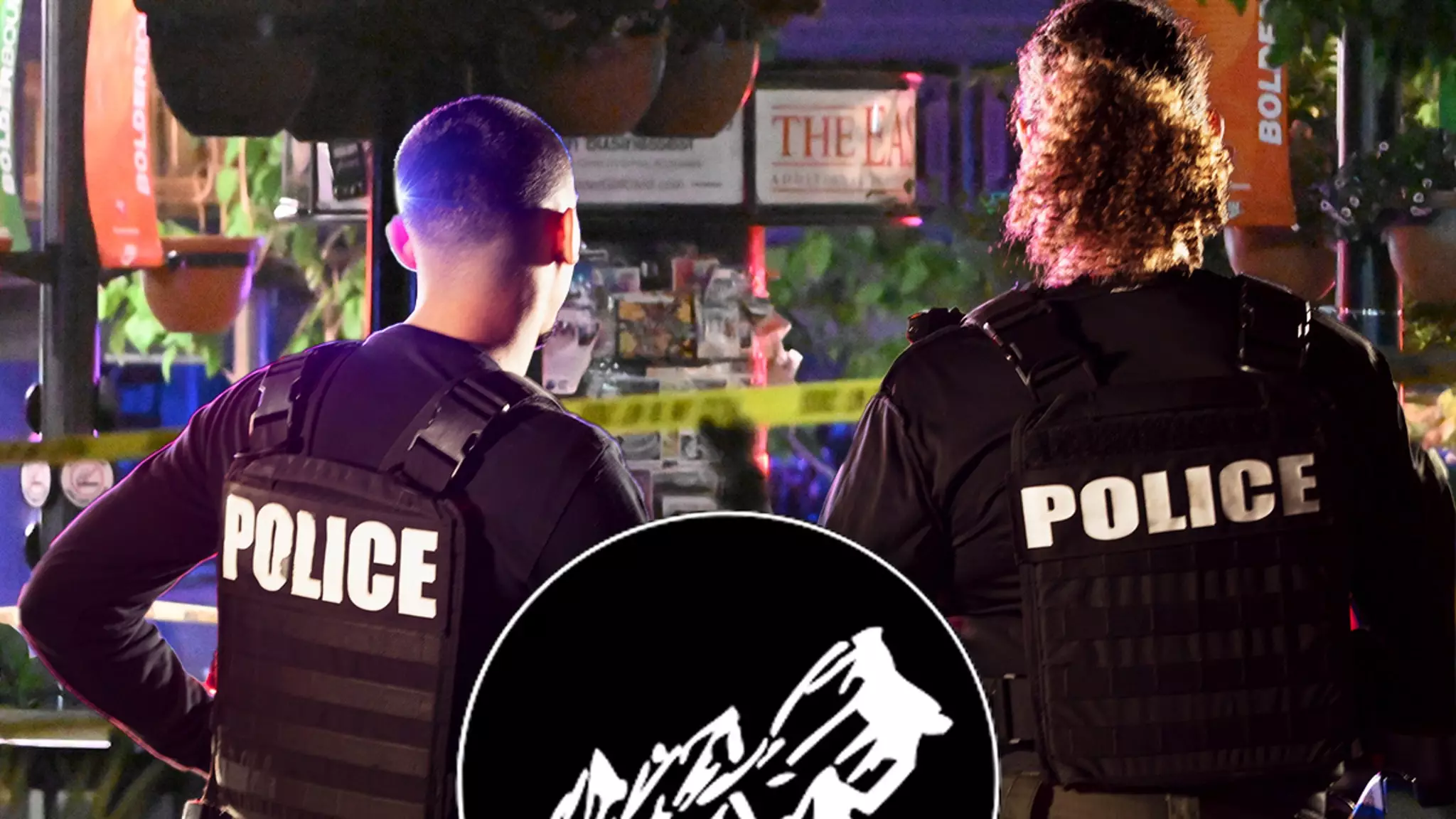In a chilling incident that has rocked the Boulder community, a man named Mohamed Sabry Soliman allegedly launched a violent attack on a peaceful gathering organized by a pro-Israel group. The event, titled “Run for Their Lives,” was intended as a demonstration of solidarity and remembrance but turned into a scene of chaos and devastation. This assault, which occurred on a Sunday afternoon, involved the use of Molotov cocktails and a makeshift flamethrower, injuring at least eight individuals, some of whom are now in critical condition. Accounts suggest that the perpetrator shouted “Free Palestine” while instigating his onslaught, raising unsettling questions about the escalation of rhetoric into violent action.
Profiles of Violence and Hate
Soliman, a 45-year-old resident of El Paso County, Colorado, now faces a slew of grave charges, including two counts of first-degree murder and multiple counts related to assault and the use of explosive devices. This case is not merely about one individual’s actions; it reflects a broader trend of violence targeting specific communities. The ramifications of such an attack go beyond the physical injuries inflicted; they tap into lingering fears and tensions that can further fracture communities already polarized by ideological struggles. The ages of the victims, ranging from 52 to 88, highlight the indiscriminate nature of hate and violence, affecting those who are often viewed as vulnerable.
Legal Implications and Background of the Perpetrator
The legal stakes in this case are monumental, with an array of serious charges laid against Soliman. The prosecution’s description of these acts as a “targeted terror attack” raises critical questions about the motivations behind such violence and the environment that allows it to flourish. Notably, Soliman’s immigration status complicates this narrative further; he is reported to have overstayed his visa, which expired in early 2023. This particular detail adds a layer of nuance to the discourse surrounding immigration policies and their potential intersection with acts of violence. It provokes an essential conversation about accountability, societal integration, and the effective mechanisms for community safety.
Responses from Authorities and the Community
In the wake of this appalling event, reactions from law enforcement and community leaders have been swift and forceful. The FBI and the U.S. Department of Justice have indicated that this incident is emblematic of a rising tide of antisemitism and politically motivated violence. These developments hold profound implications for how communities engage with one another and for the overarching national discourse on hate crimes. As people grapple with the fallout, calls for unity and resilience are emerging from various quarters. Yet, the underlying strain of division continues to fester, threatening to disengage communities rather than unite them.
While the facts surrounding the Boulder attack continue to unfold, it is imperative that we do not overlook the incitement that often precedes such violent expressions. The rhetoric of hatred has a way of becoming a catalyst for real-world violence, and stories like that of Soliman serve to remind us of the urgent need for dialogue and mutual understanding. The true challenge lies in addressing the root causes of extremism, engaging in meaningful conversations about our differences, and building a stronger, more inclusive society that unequivocally denounces violence in all forms.

